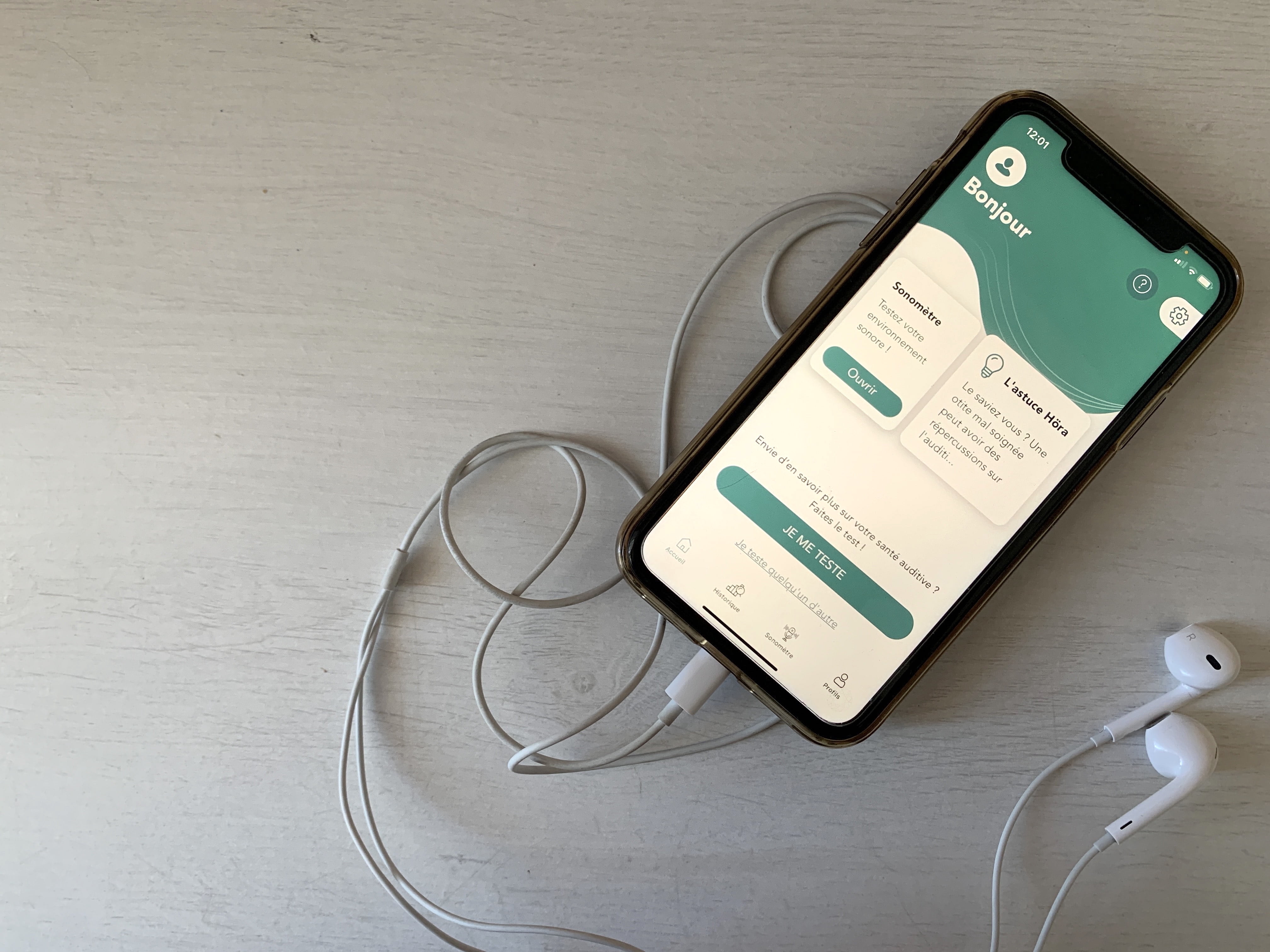I notice a lot of hearing tests nowadays also focus on the speech-in-noise comprehension ability. I read some articles which say speech-in-noise comprehension is decreased with Tinnitus sufferers and speech-in-noise tests are a better way to detect this type of hearing loss than the classic audiogram.
So I proceeded to do some quick online tests regarding speech-in-noise and came out unscathed, where the results are telling me I have good hearing. Of course those tests aren't really considered "professional", it's hard to determine which volume i should use for instance in order to get reliable test results. Did anyone try these kinds of tests, maybe in a more professional environment, and if so; what are your results?
So I proceeded to do some quick online tests regarding speech-in-noise and came out unscathed, where the results are telling me I have good hearing. Of course those tests aren't really considered "professional", it's hard to determine which volume i should use for instance in order to get reliable test results. Did anyone try these kinds of tests, maybe in a more professional environment, and if so; what are your results?

 Member
Member
